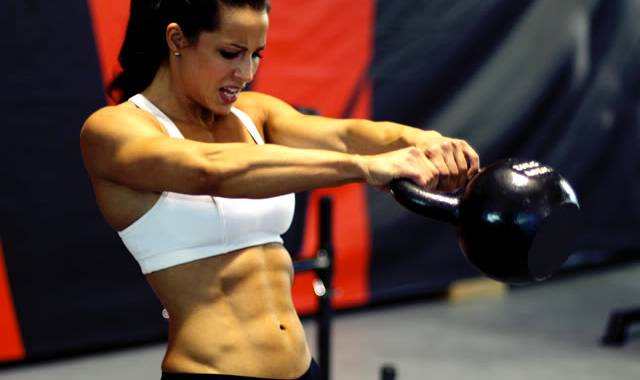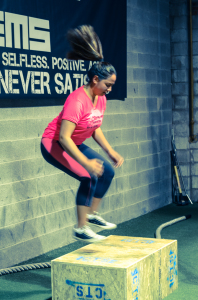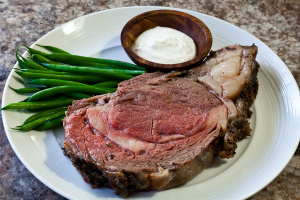You’ve heard it before, you may have even experienced it for yourself. You start to exercise without making any changes to what you’re eating and your body composition improves. Or you don’t exercise, but you make healthier choices with your eating and the number on the scale goes down. Which is better? Let’s look at a few scenarios.
Exercise Only
Drastic body composition improvement with exercise only usually occurs in beginners or when going from a very low frequency of training to a high frequency. When undergoing a large upswing in activity or a large new stimulus (which is the case for newbies) it can cause a surge in metabolic rate. This, coupled with increased muscle sensitivity to insulin (more-so in the presence of strength training vs. more traditional cardio) and greater glycogen storage, will cause an improvement in body composition.
Diet Only
When attempting to lose fat through diet, calories must be dropped to below maintenance levels in order to create a deficit for loss. This route will move the scale in the right direction, but when changing only diet are we really losing what we want?
When only calories are lowered the body will down-regulate it’s metabolism in order to meet the supply of energy.
Our bodies are built to survive so the last thing it wants to do is burn through all its stores on the way to destroying itself. Unfortunately, no matter how many times you yell at your midsection it doesn’t understand that you’re eating less to get washboard abs.
Also, without doing anything to communicate to your body that you want to keep your muscle mass it will burn it as a fuel source. Muscle costs energy to build and maintain, and our bodies are thrifty.
So even if the scale moves in the direction you want it to, chances are it’s burning whatever it needs to in order to get there, turning you into a smaller and weaker version of your former self.
The Answer
The best approach to effective fat loss is a combination of both exercise and diet. Diet to create a deficit and mitigate fat gain and exercise to create an even larger deficit while keeping metabolism up and maintaining muscle mass.
Not only do they compliment themselves well from a physiological standpoint, but they work very well together in the psychology department.You can eat a couple more cookies because you engage in exercise and, while that may not be the greatest choice, it won’t hurt you as much as if you weren’t exercising. You also don’t have to feel as bad about missing a workout if your diet has been in check. Not a pass to slack by any means but a little help along the way in what is a largely psychological game.
So there you have it. When choosing the appropriate route for losing fat the answer is a blend of the appropriate amount of each, rather than just a boatload of the “correct” one.


